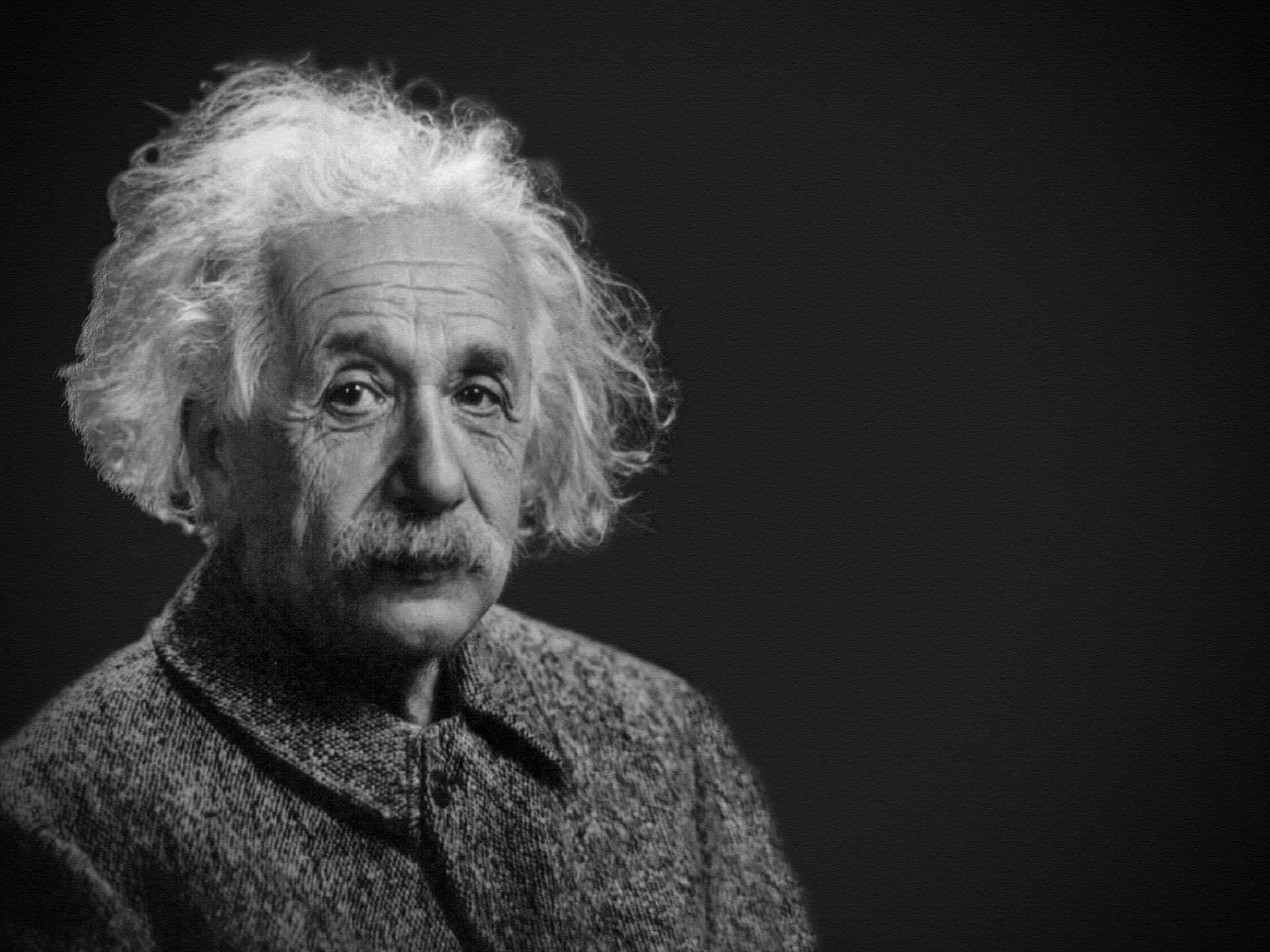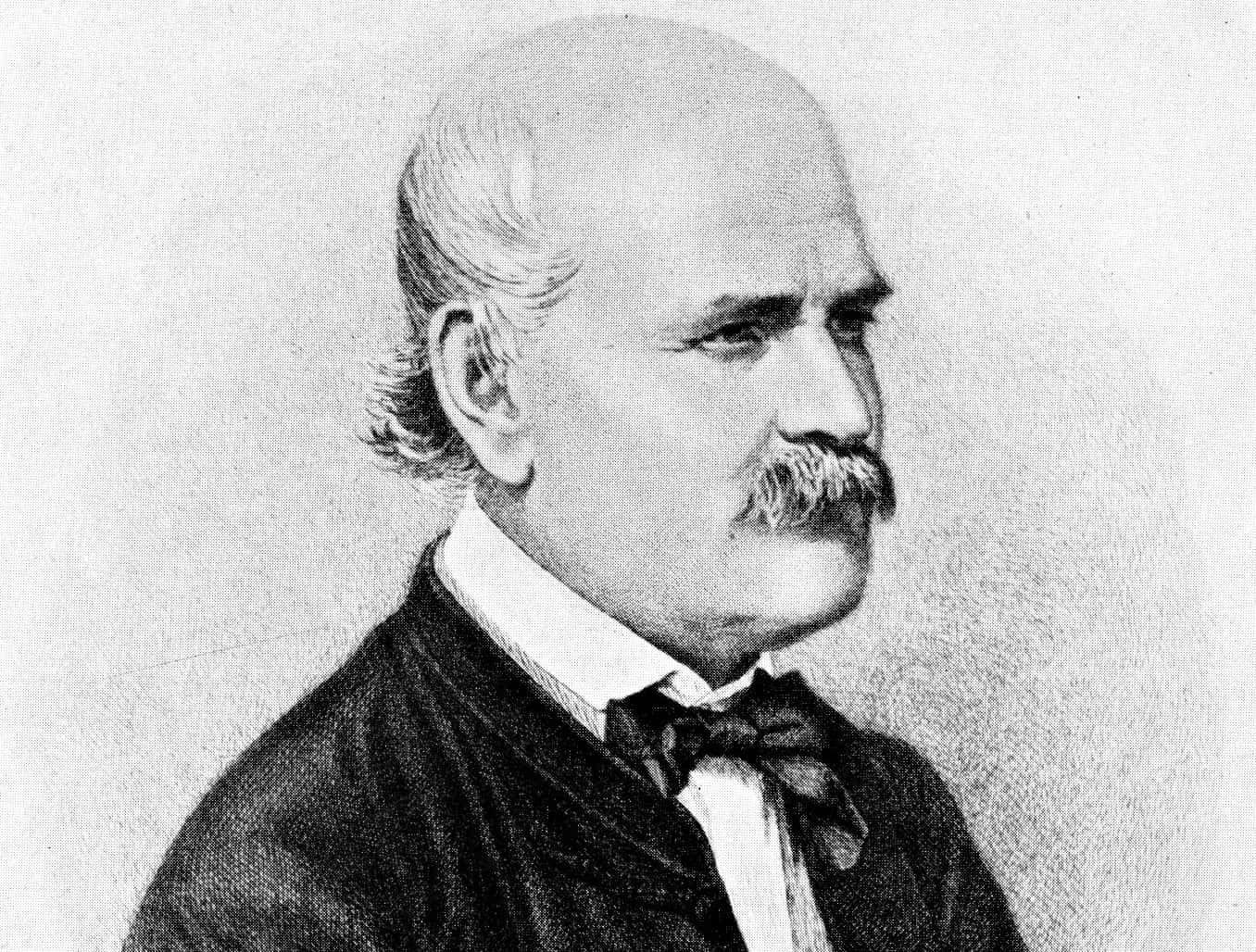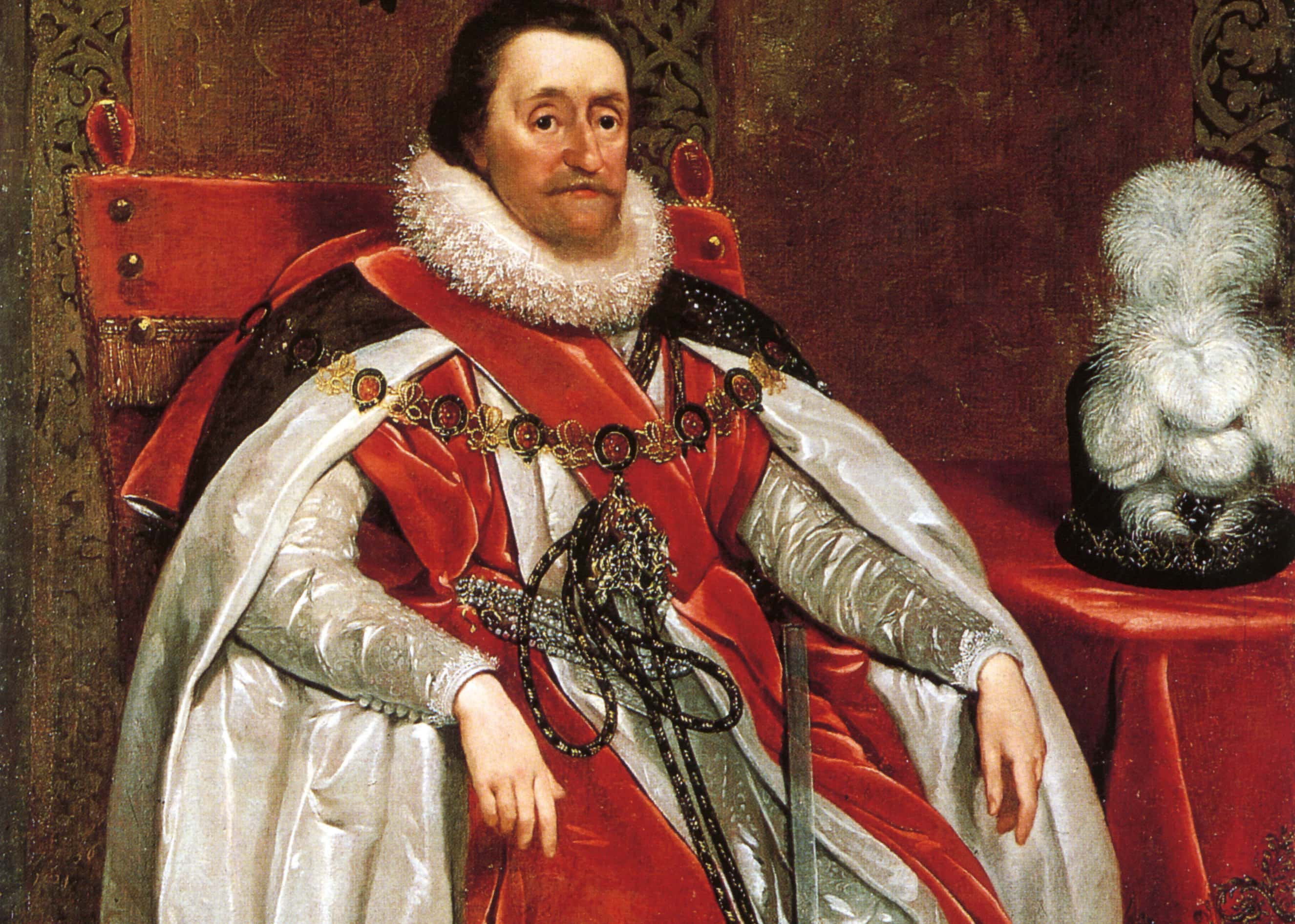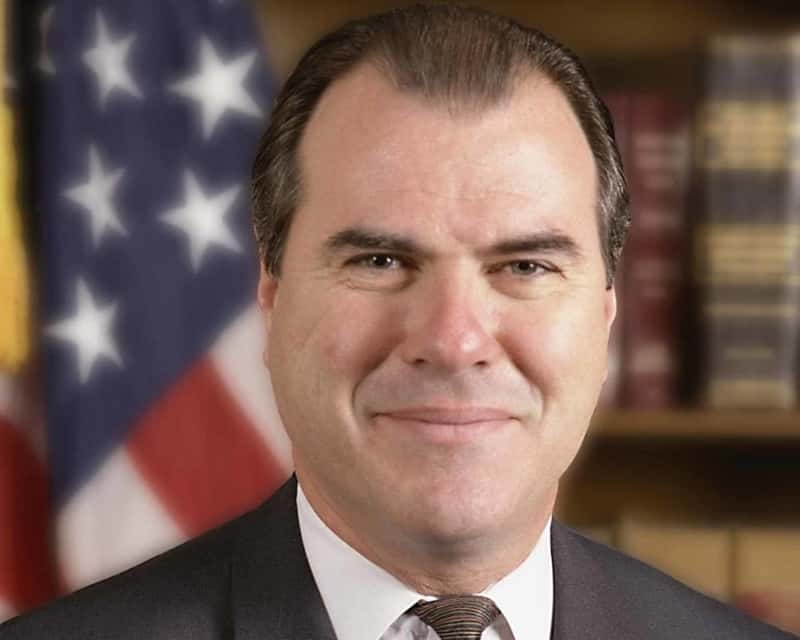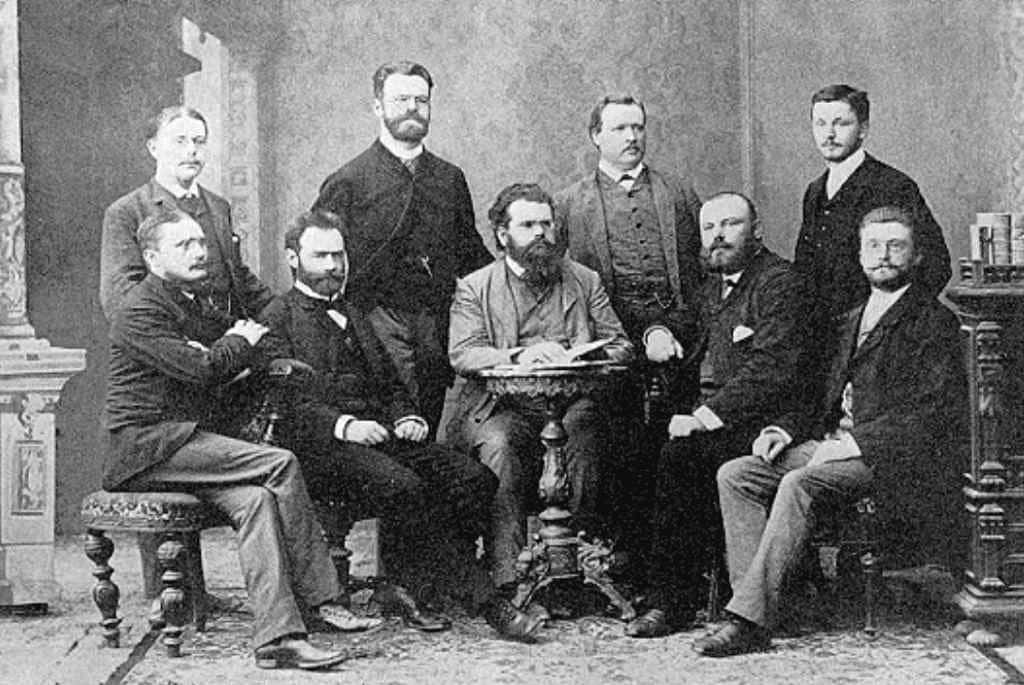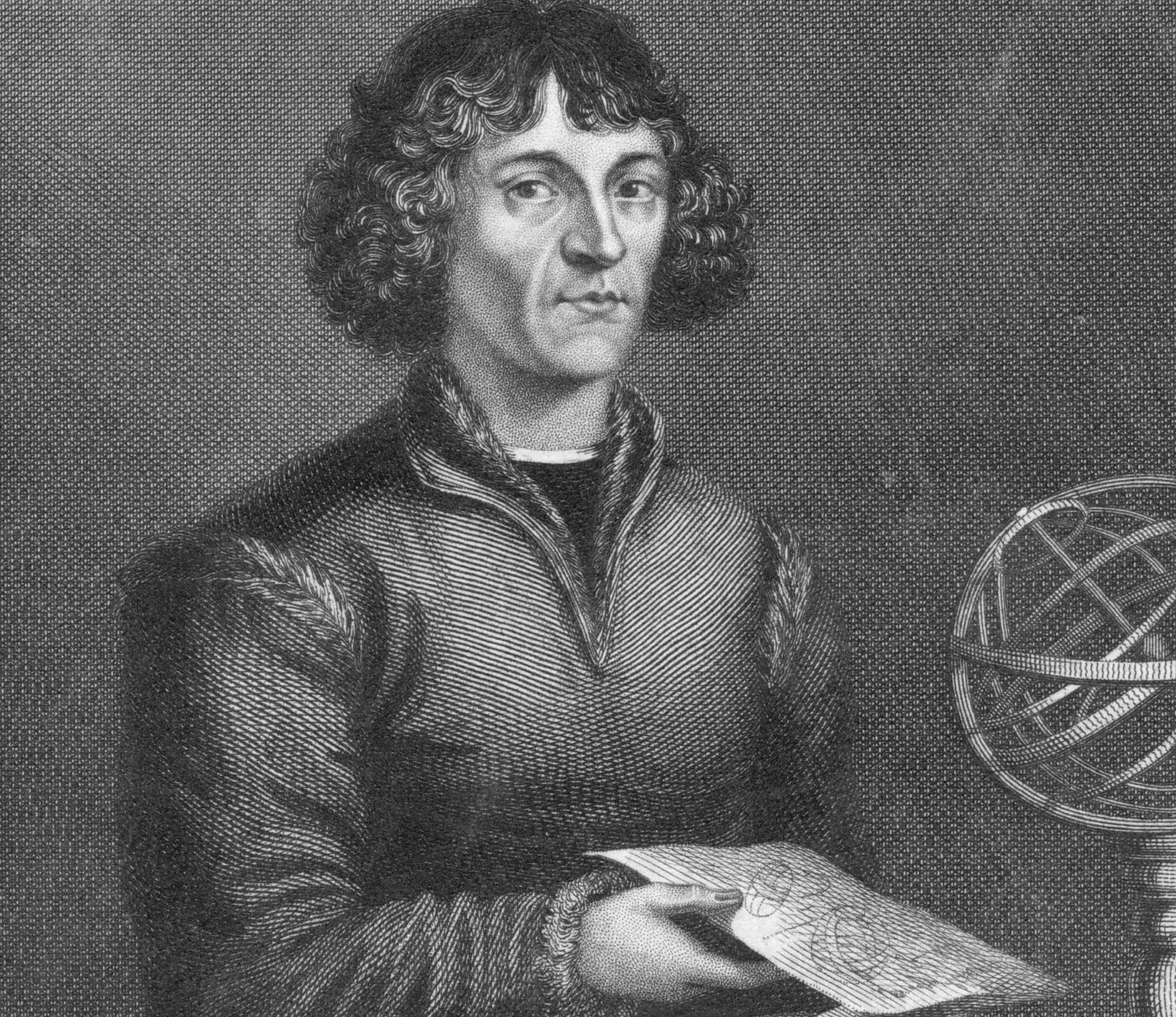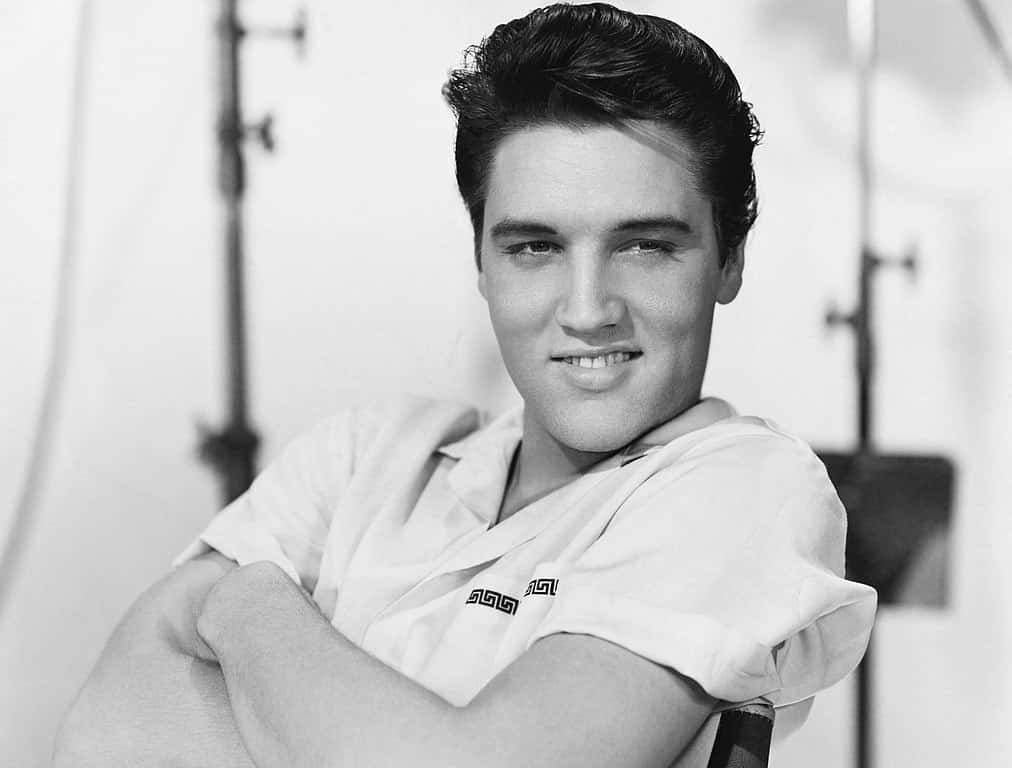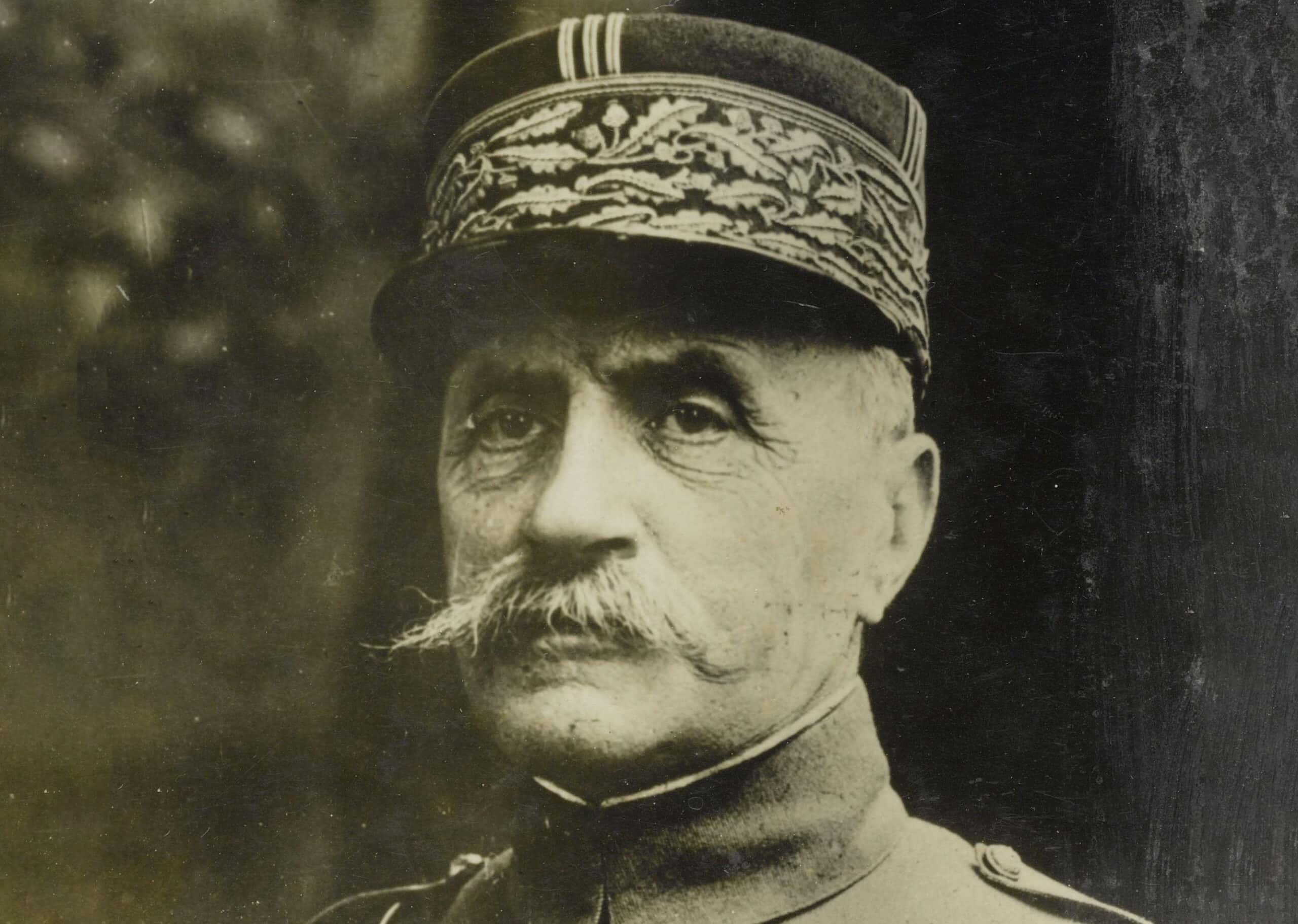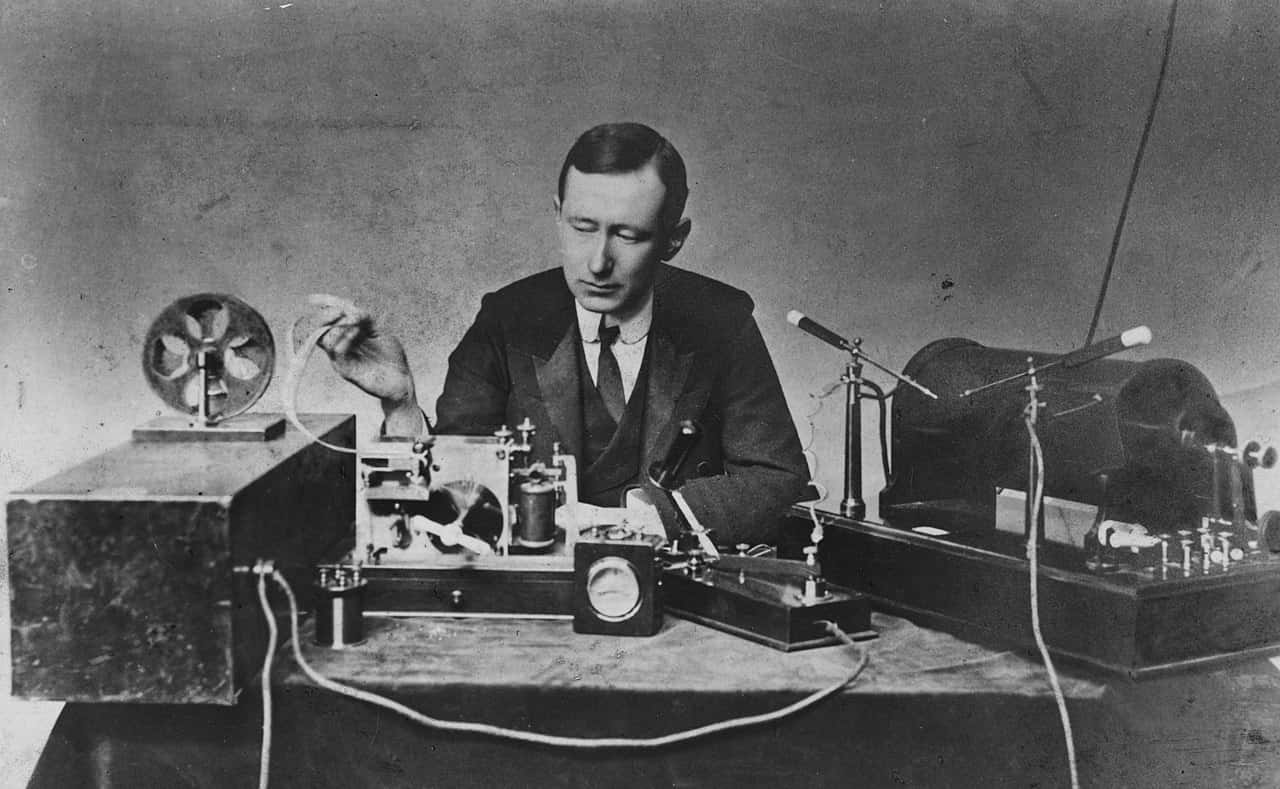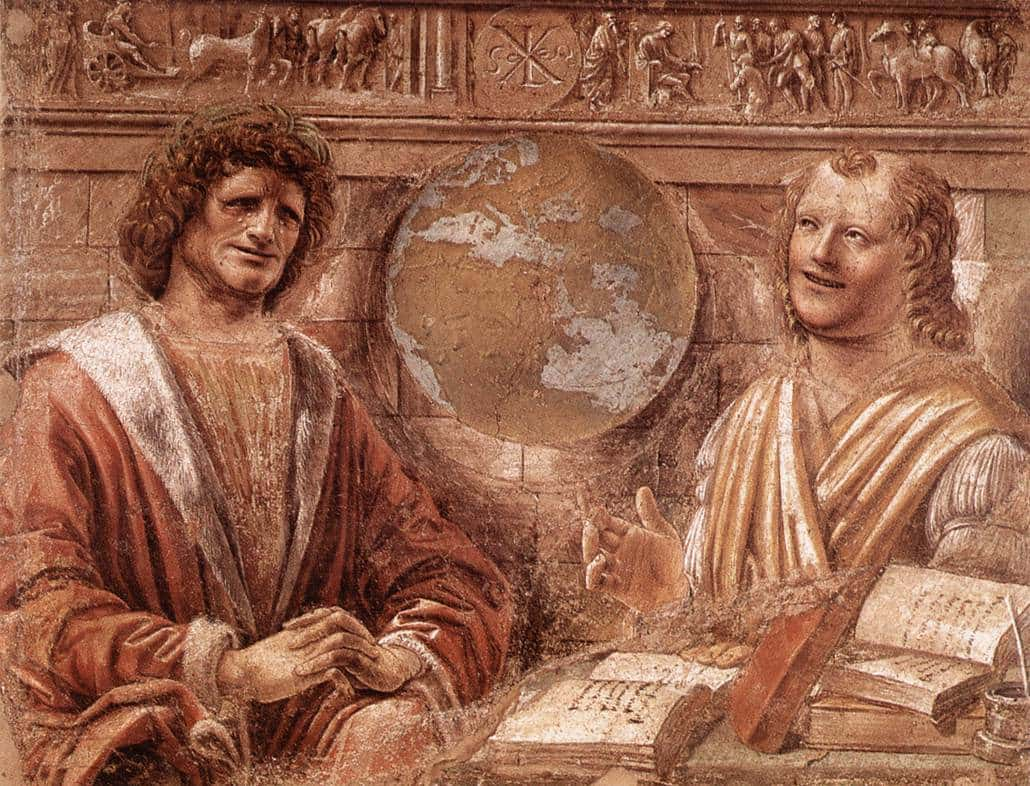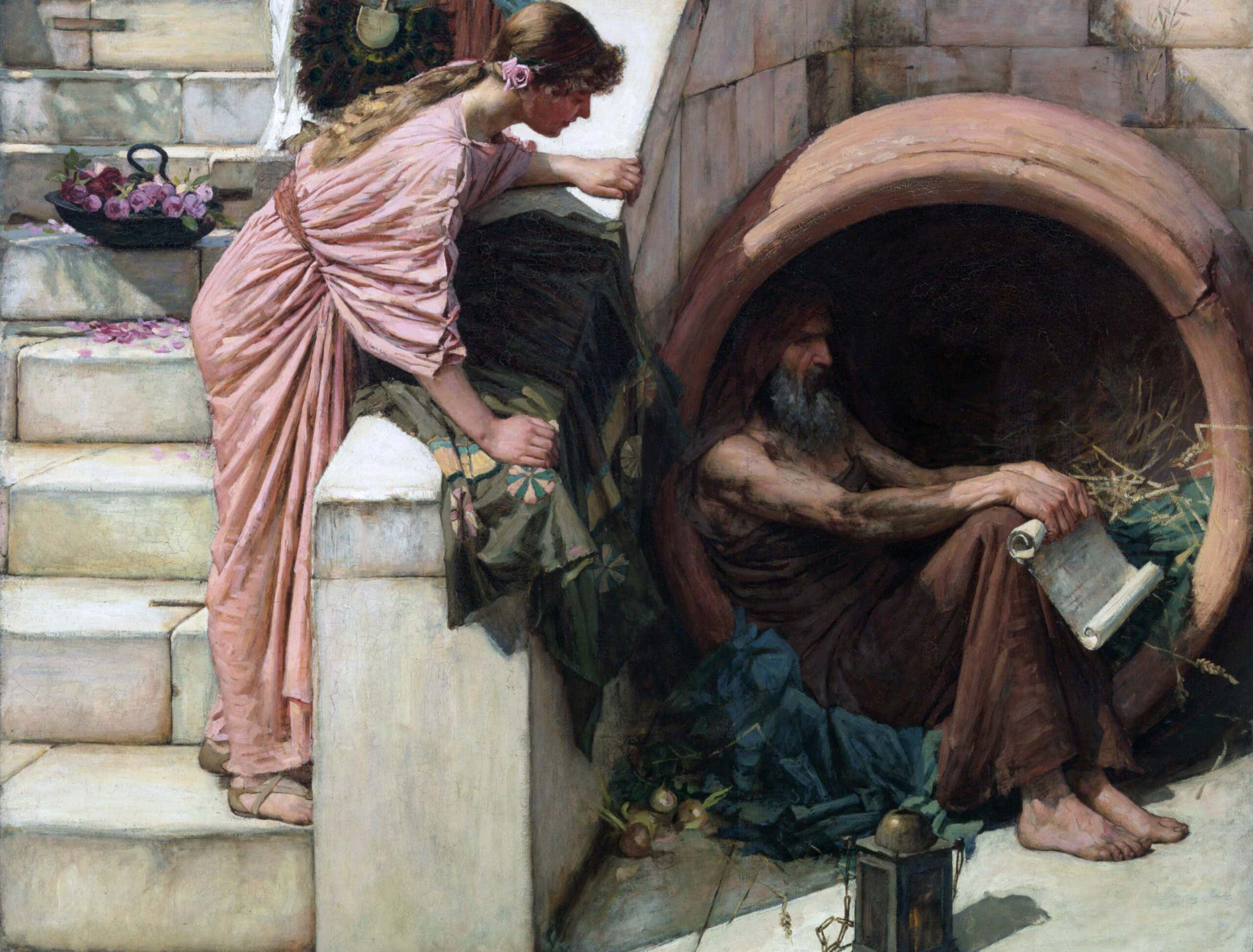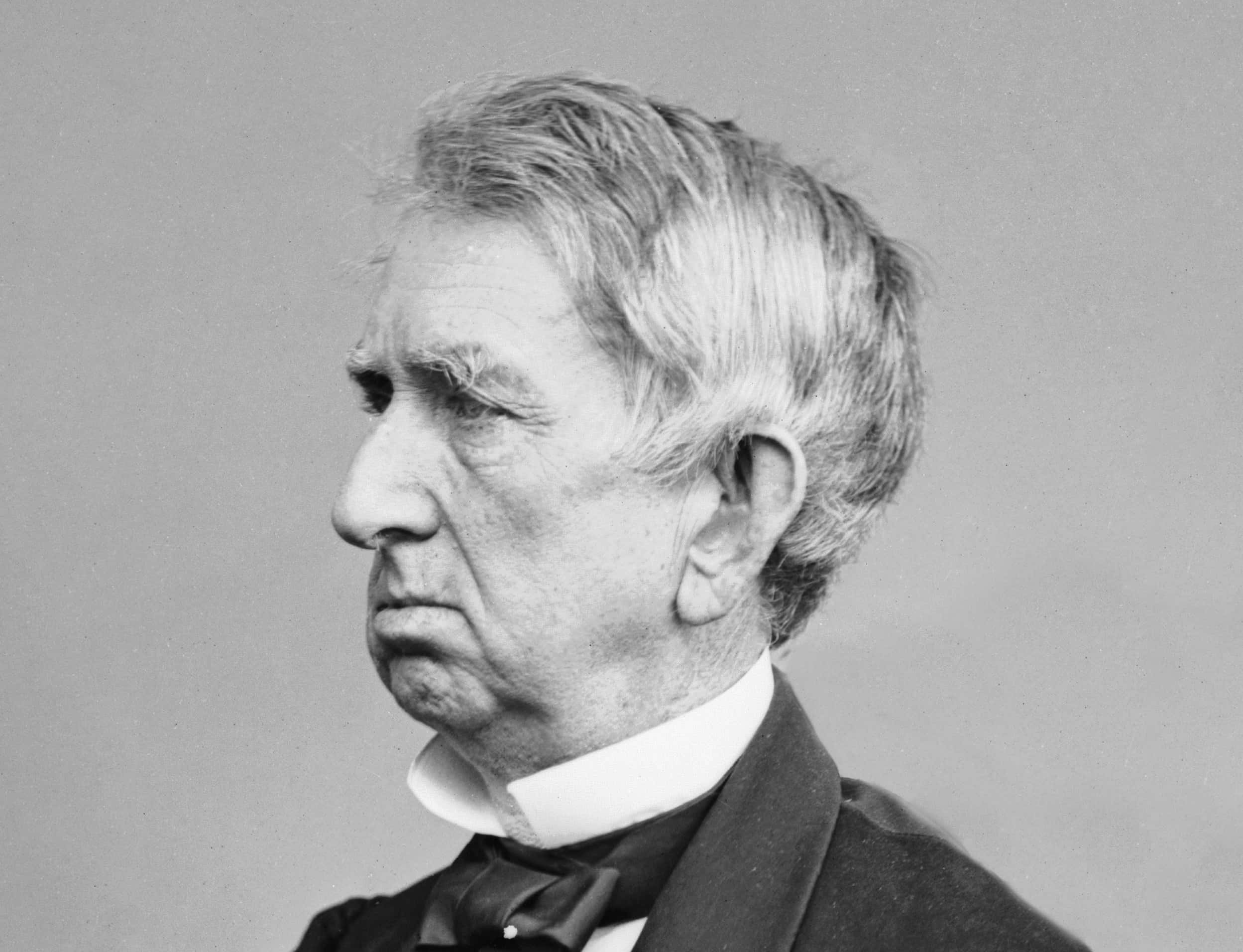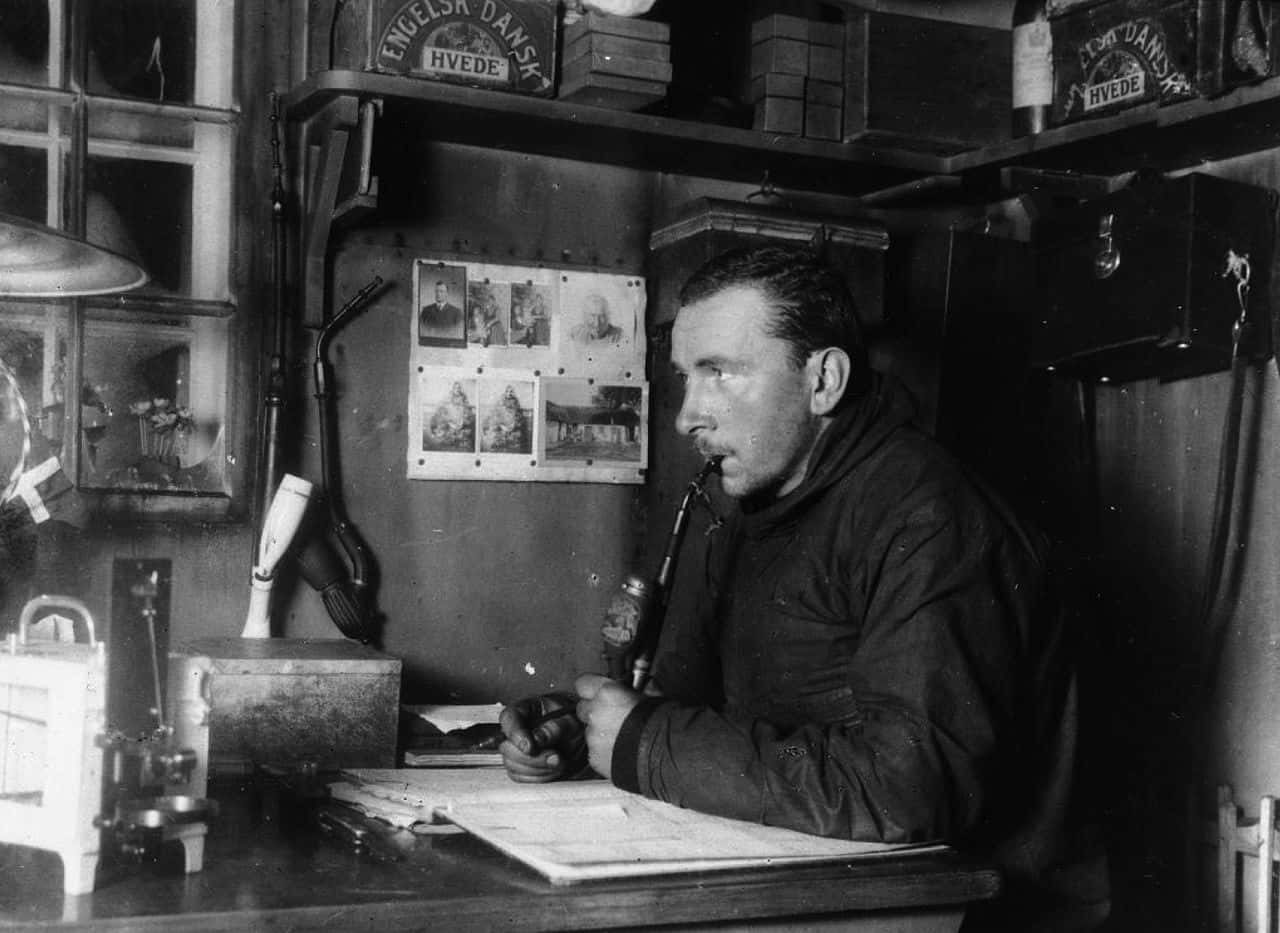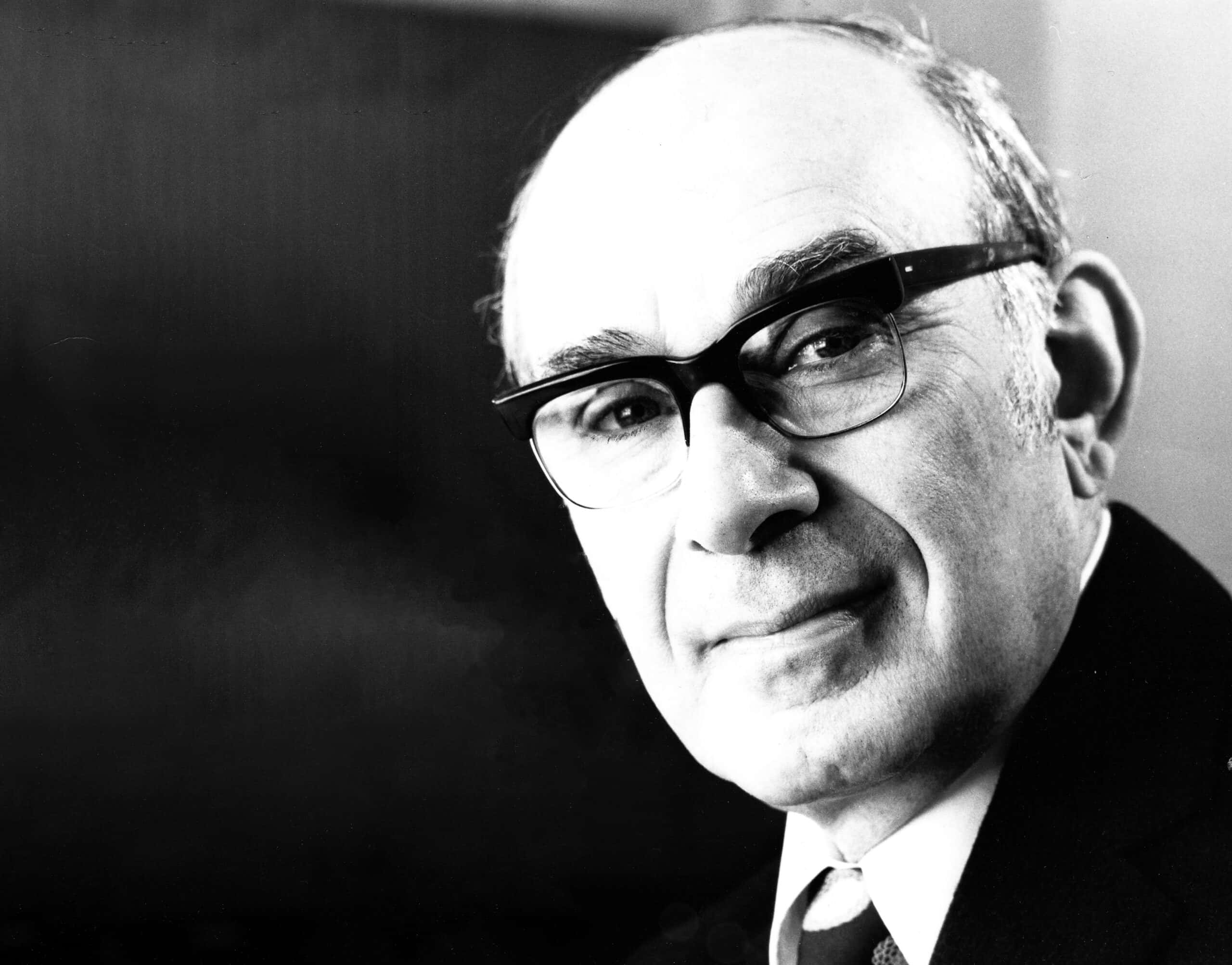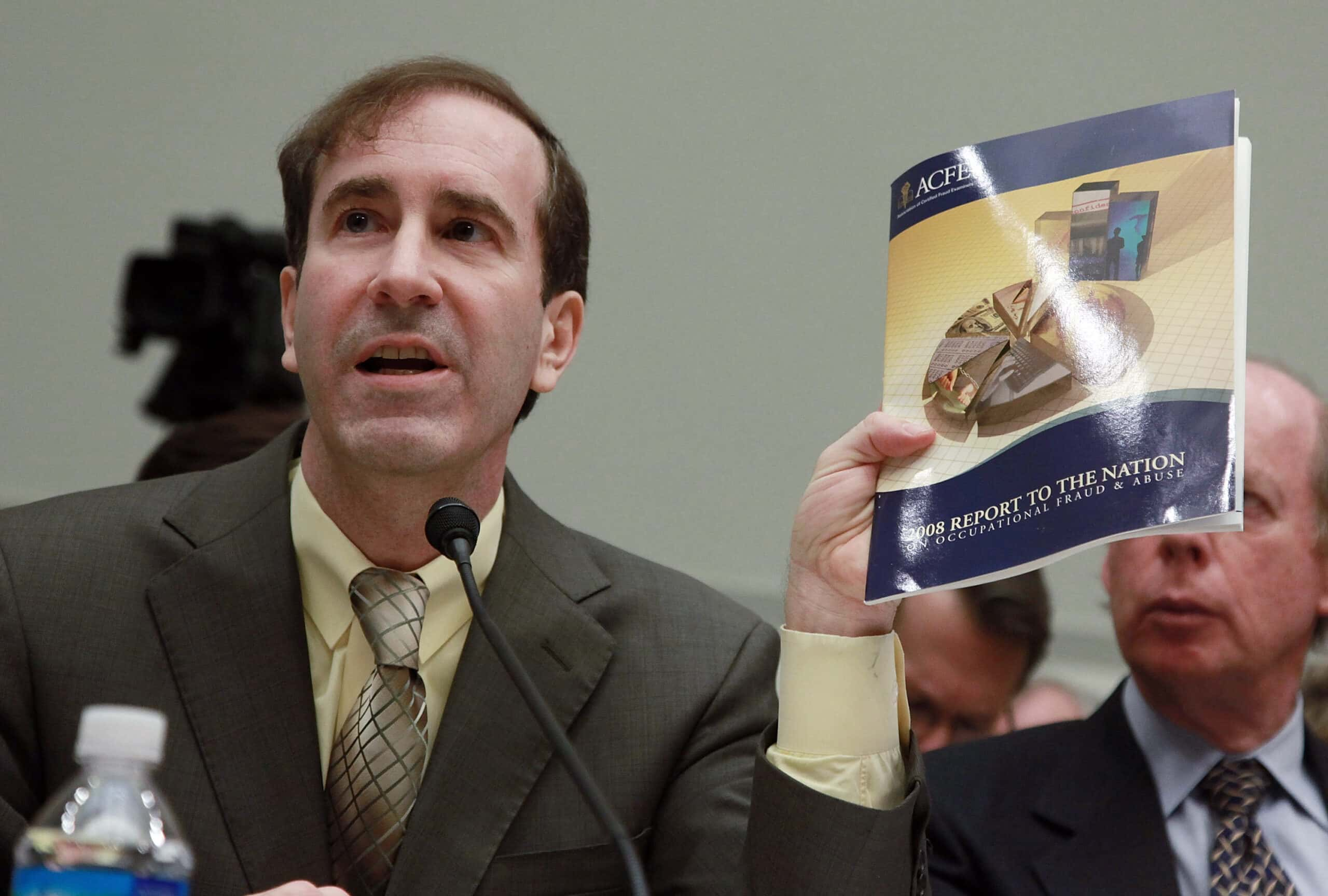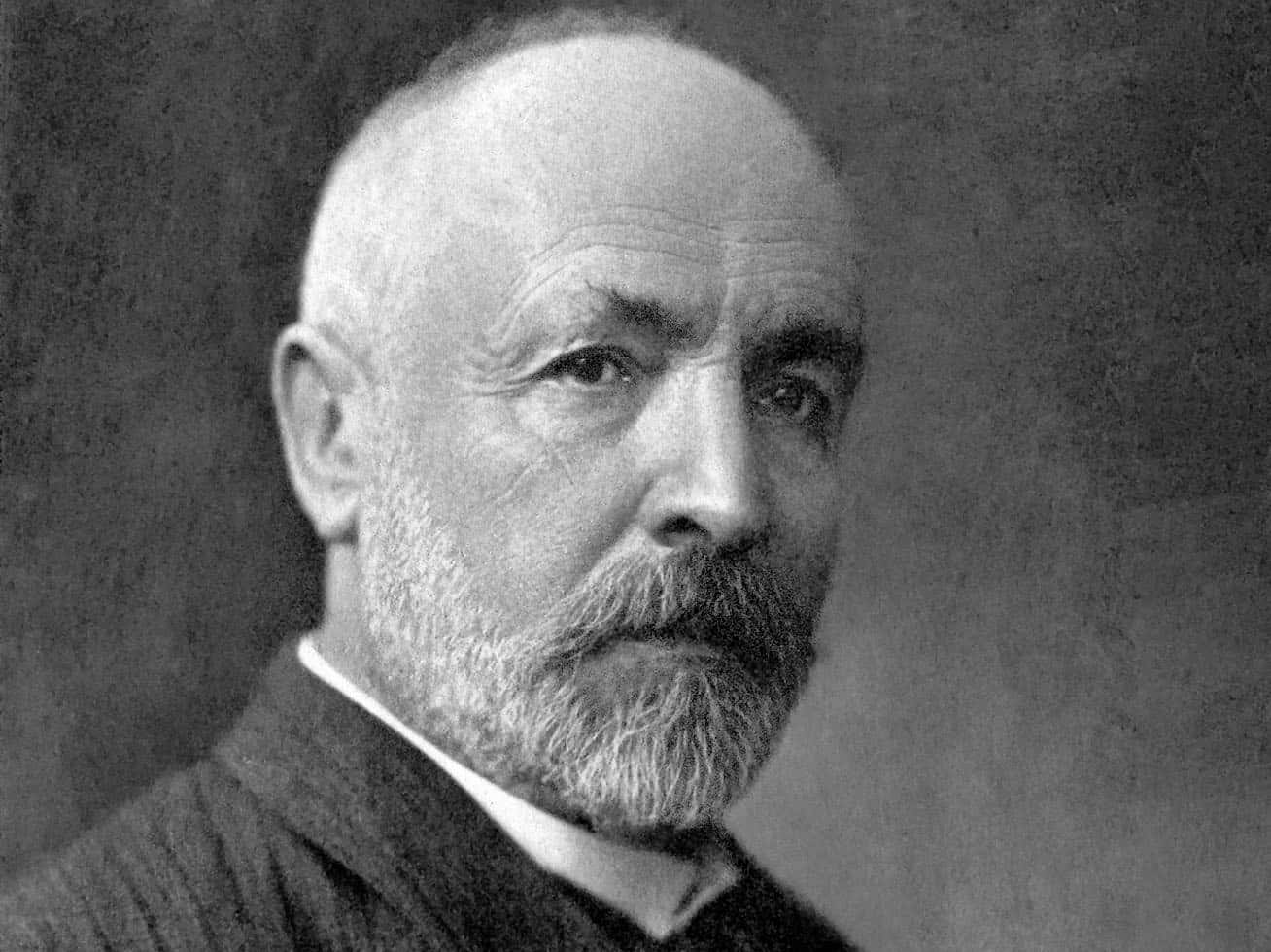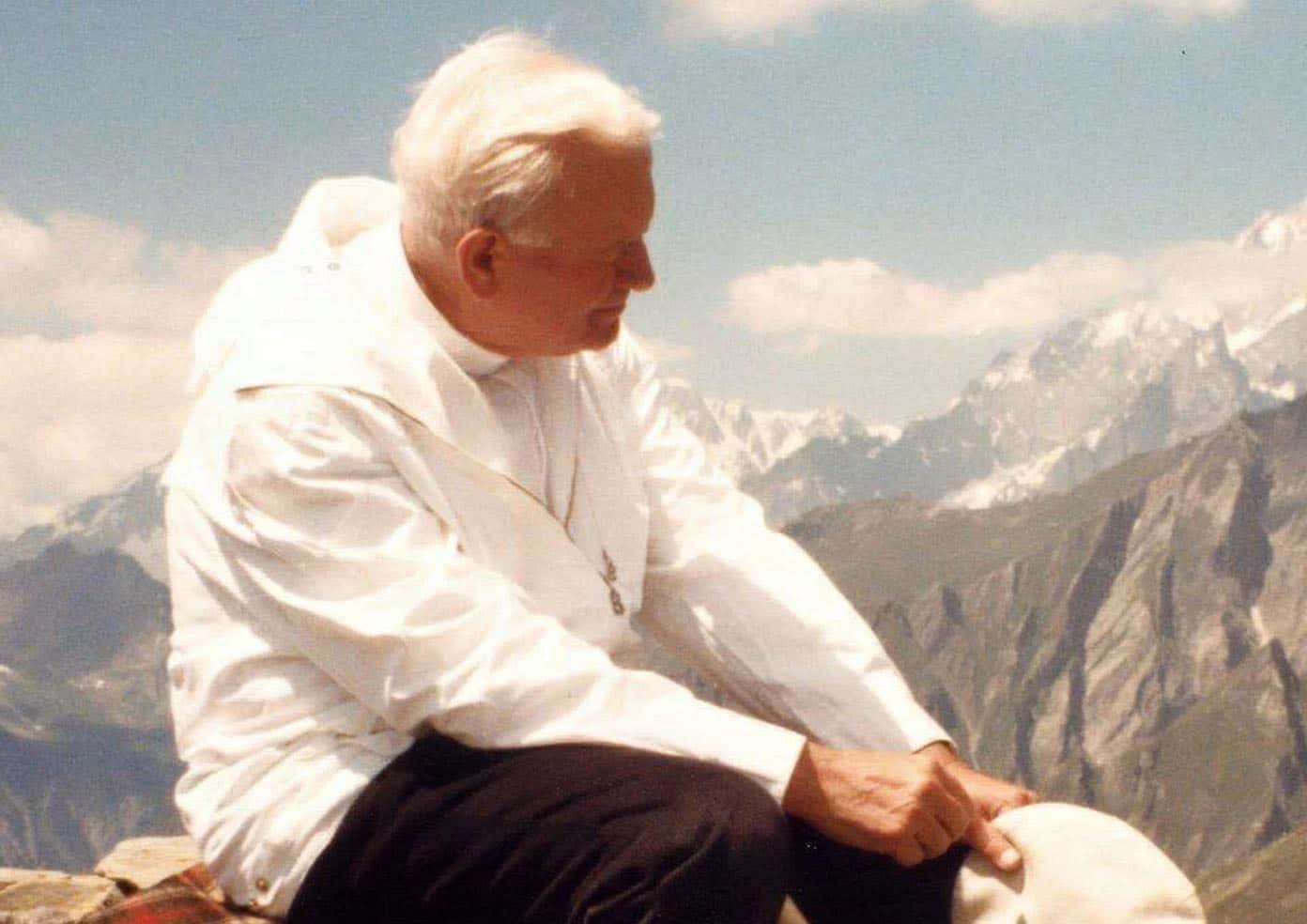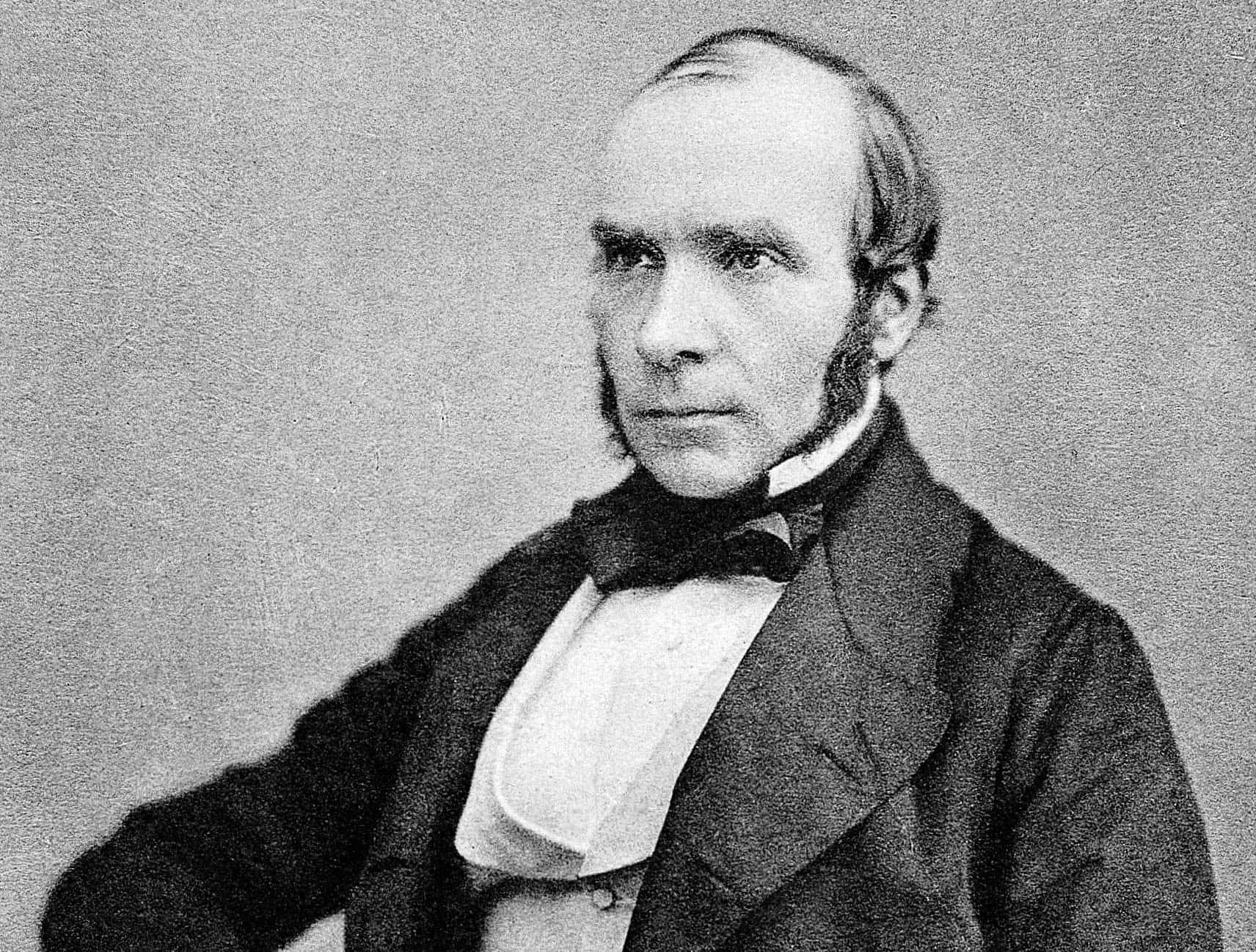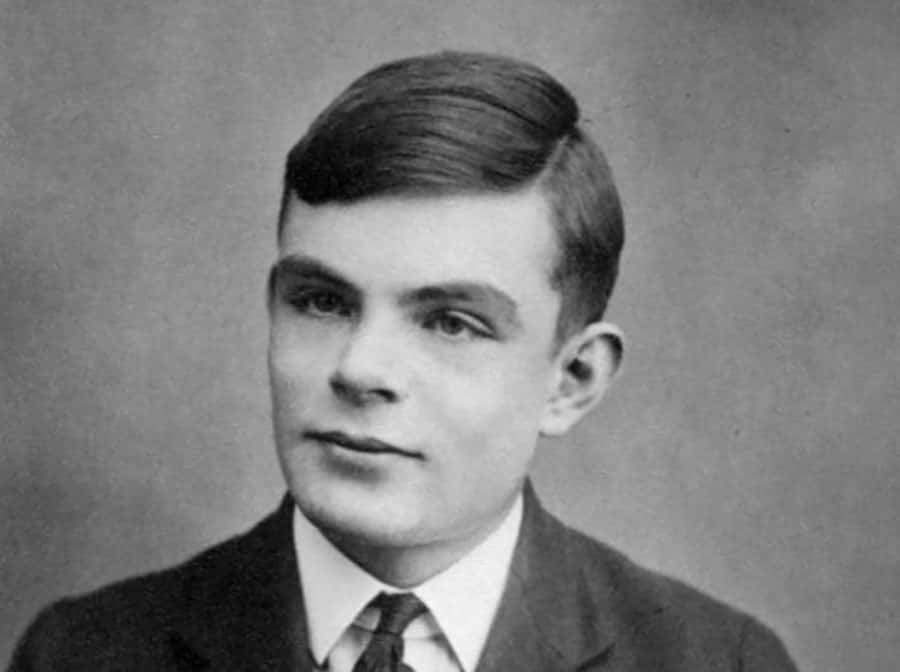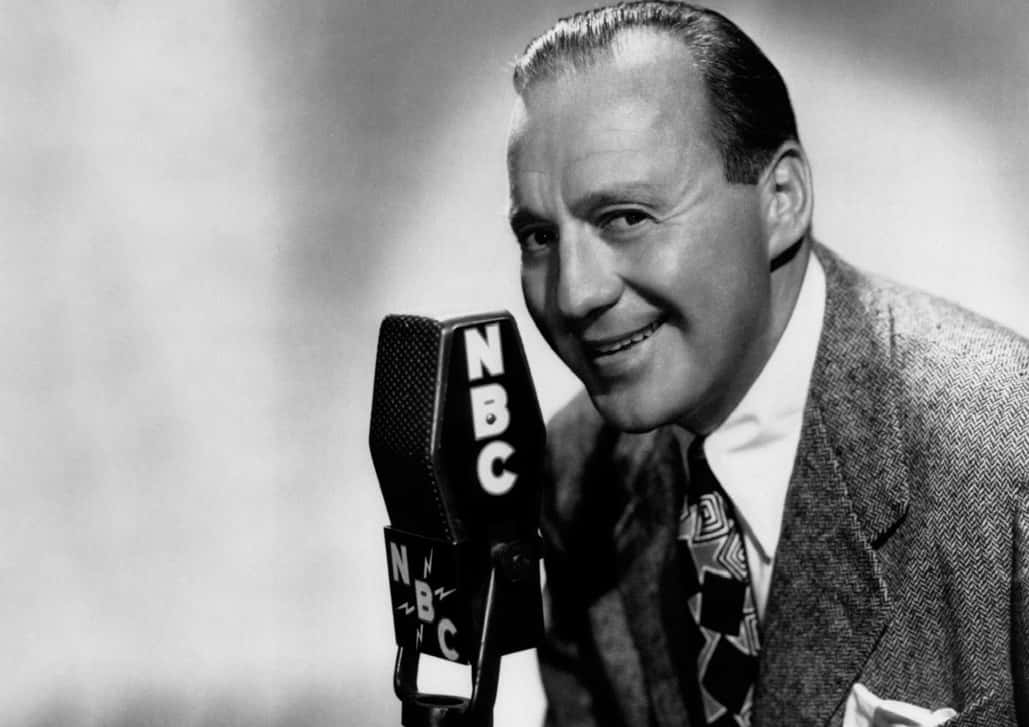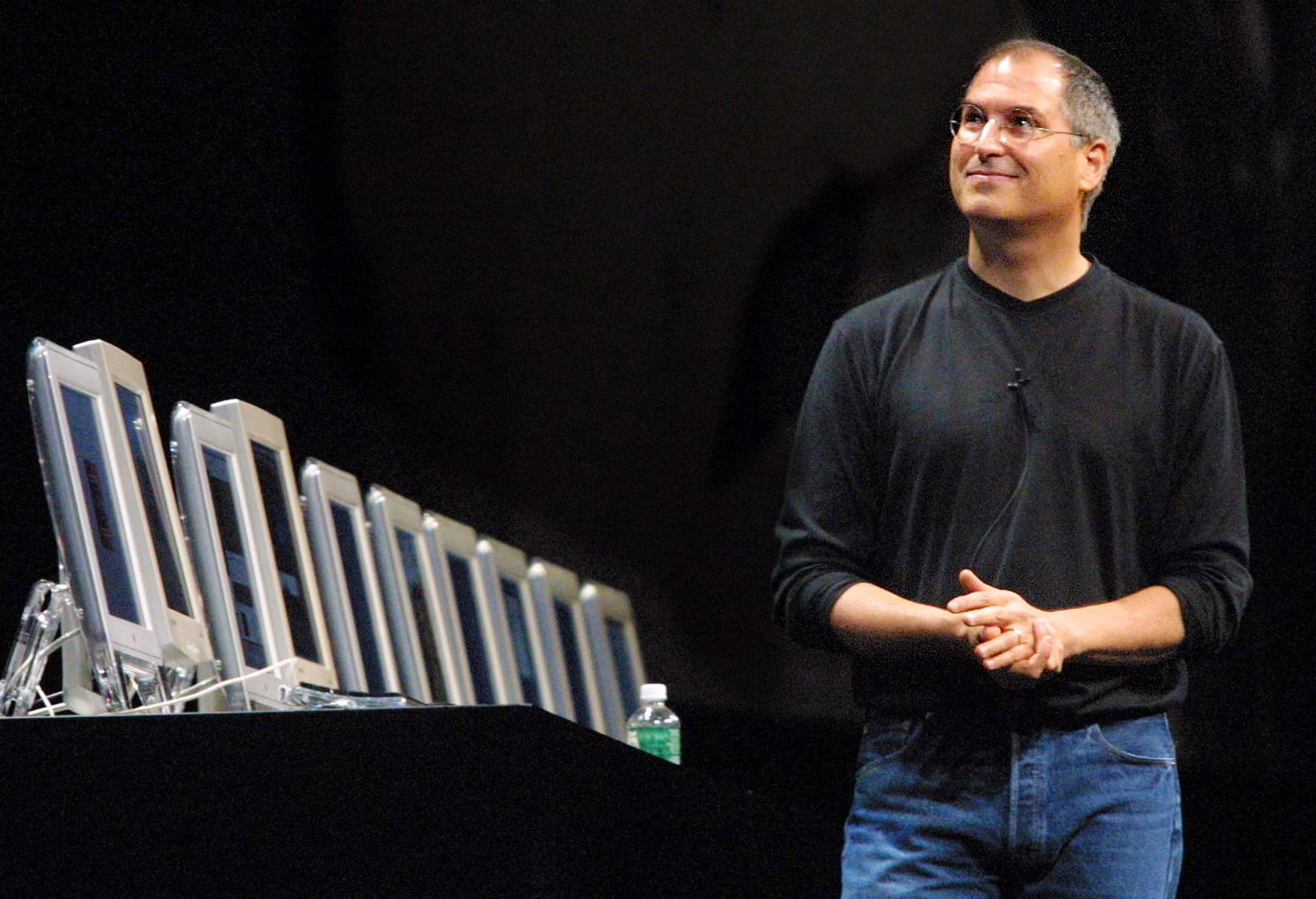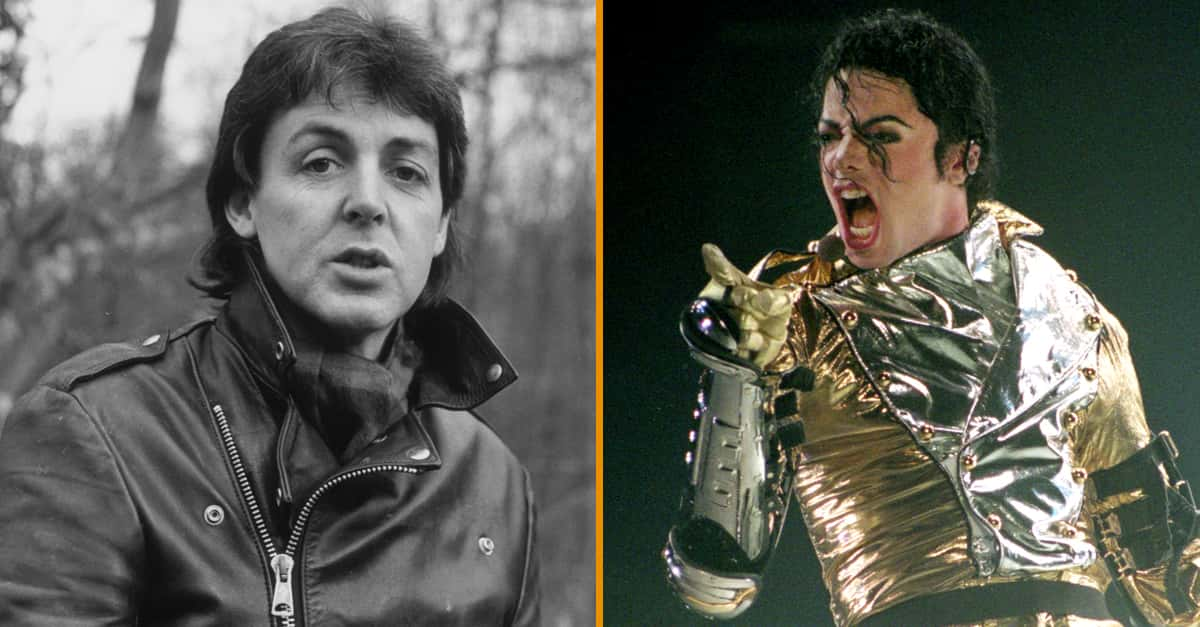"I told you so." Are there any sweeter words in the English language? Getting proved right can be an amazing feeling. It can be an opportunity to throw it in everyone's face. But it's not always a good thing—plenty of the people on this list would have given anything to be wrong. Whatever the situation, moments like these really make a person realize that it’s never a good idea to be too quick to rule out other someone else's ideas. From historical figures to modern celebrities, here are 38 stories of people who no one believed—but were right all along.
1. He’s No Einstein
Being called an “Einstein” nowadays may be an enormous compliment, but there was a time when that was anything but the case. Before he was able to actually test and confirm his Theory of Relativity during 1919’s solar eclipse, many prominent people viewed Albert Einstein’s wild-sounding physics ideas as utter insanity.
2. Let’s Wash Our Hands of This Matter
People ridiculed and dismissed 19th-century Hungarian doctor Ignaz Semmelweis to the point where he lost his sanity. He entered an asylum and lost his life a broken man at the age of 47. What was the crazy proposal that warranted such a reaction from the rest of the scientific community? He proposed that doctors might want to try washing their hands before delivering babies if they want to reduce the risk of the newborns contracting deadly diseases.
Crazy, right?? If not for the fact that some later realized he was right, many of us might not have been here today to laugh at the people who ruined his life. Now that’s what I call irony!
3. Ta-King Care of His Health
When King James I of England published a treatise called “A Counterblaste to Tobacco” in 1604, his royal subjects largely thought he had lost his royal marbles. Little did they know that a few short centuries later, his hunch that smoking was harmful to the lungs would prove completely correct. Put that in your pipe and smoke it!
4. Never Forget
After the 1993 World Trade Center bombings in New York City, FBI Agent John O’Neill became very interested in studying what had happened and why. He became aware of a then-unknown and fairly small group known as al-Qaeda and discovered that they were planning a large scale attack against the US sometime in the future. Despite trying to warn people, O’Neill ended up parting ways with the FBI over differences and took a security job at the World Trade Center. Tragically, he was working there and lost his life on the day that he was proven right about all this.
5. Don’t Make an International Case Out of It!
Prussian statesman Otto von Bismarck tried very hard to keep German foreign policy under control, so as to avoid the major conflict that he feared could arise in the near future. As much as some people probably appreciated this, one person who didn’t was the one whose opinion counted. Kaiser Wilhelm II, the country’s monarch, preferred a more aggressive foreign policy and gave Bismarck the boot.
When Germany got itself into hot water over this policy decision, ultimately leading to its devastation in WWI, I’d bet more than a few people may have regretted not taking this guy a little more seriously when they had the chance...
6. Up and Atom
When scientists proved the existence of atoms in the early 20th century, it changed the way we think about reality. It was also a pretty awkward moment for anyone who had been familiar with the late Ludwig Boltzmann. Just a few years earlier, the Austrian physicist became a laughingstock for proposing this very idea. Boltzmann actually ended up taking his own life because the ridicule got so bad. Wherever he ended up, I sure hope he gave a smug smile.
7. Slow and Steady Wins the Race
Nicolaus Copernicus famously advocated for the belief that the earth revolves around the sun, rather than the converse. At least in this case, Copernicus didn't have to deal with the backlash. He passed the same year that his book on this matter came out, and the official Catholic Church opposition still didn’t come until 60 years later. Nevertheless, the Church posthumously attacked Copernicus’ ideas. If you're going to be wrong, I guess it's better late than never?
8. Long Live the King
Rock ‘n’ roll was one of the 20th century's biggest musical innovations, but many people thought it was just a passing fad. When Elvis Presley first rose to prominence in the late 1950s, many pundits in both the media and the music industry scoffed. They figured he wasn't that talented and he would go the way of the dodo bird sooner than he could say “Love Me Tender.”
Little did these suspicious minds realize that the King of Rock ‘n’ Roll would not be leaving the throne any time soon, or that people would still call Elvis the “King” even 40 years after his untimely demise.
9. Smarter Than the Average Explorer
John Colter was one of the explorers on the famous Lewis and Clark Expedition and, at one point, his journeys led him to the discovery of Yellowstone National Park. When he reported back to his group about the strange landscape's fantastical features—geysers and steaming, fluorescent lakes—they assumed he hallucinated the whole thing.

History's most fascinating stories and darkest secrets, delivered to your inbox daily.
10. I Am a Crook
Martha Mitchell was one of the most outspoken women of the early 1970s. As the socialite wife of the US Attorney General, she was constantly finding her way into the media and mouthing off about whatever crossed her mind. When she started to speculate that her husband may have been involved in what we now know as the Watergate scandal, the Nixon administration dismissed her as a rambling drunk. But, as we all know, when reporters dug deeper, they realized she was actually onto something...
11. Ominous Anniversary
When the Treaty of Versailles took effect in 1919, most people were happy to see WWI finally come to an end and had no interest in pondering the long term effects of the treaty’s details. General Ferdinand Foch, however, was unimpressed, and said at the time, “This is not a peace. It is an armistice for twenty years.” Lo and behold, almost exactly twenty years later—in September 1939—that sentence proved eerily true.
12. Life Saver
Kotoku Wamura was the mayor of the Japanese city of Fudai in the 1970s. Having lived through the horrific devastation of a tsunami during his youth, he made it a point to build a huge wall around his city to ensure that this never happens again. Despite much outcry over his spending the equivalent of $25 million on this paranoid and seemingly unnecessary project, public opinion instantly changed in 2011 when a major tsunami devastated Japan—except for Fudai, with its wall.
13. Making Waves
Guglielmo Marconi is commonly referred to as the “inventor of radio," and he's one of the most influential people of the modern age. However, there is a widespread rumor that when he first shared the idea of transmitting audio messages through thin air with his family, they worried about his sanity and considered having him committed to an asylum. To be fair though, if you had never heard of radio before, would you not have reacted the same way?
14. Van No
During his own lifetime, so few people took Vincent van Gogh's art seriously that he became cripplingly depressed, eventually committing suicide at the age of 37. History has since shown without a doubt that he was right about his talents and potential all along.
15. Overachiever
Of all the great minds who came out of Greece in ancient times, Democritus is definitely one of the most underrated—both today and back in his own day. He accurately predicted several key scientific discoveries more than 2,000 years before people proved them empirically, the most notable of which is the existence of atoms. However, his Athenian contemporaries such as Plato despised him so much that they advocated the burning of his books.
16. The Medium is the Message
Diogenes was a controversial Greek philosopher who would often resort to wild stunts to make his points. In no small part due to some of these stunts, people in his day did not take him seriously and they exiled him from his birthplace of Sinope. However, he still managed to pass his ideas onto his students. Those students then went on to found the philosophical school of Stoicism. Stoicism shaped the way people thought for centuries to come, so maybe he wasn't so crazy after all...
17. The Last Frontier
For many reasons, former US Secretary of State William H. Seward ardently believed that America was destined to control the New World. So, he made a bold decision in 1867. He purchased the territory of Alaska from the Russians for a whopping $7.2 million. Aside from the fact that he purchased an entire state for what might pretty soon become the price of a small urban townhouse, many people opposed this move, thinking it was a waste of money. However, when gold mining in the region began just a few short years later, everyone's buyer's remorse subsided.
To put it in perspective, the city of New York paid more for Central Park than the US paid for all of Alaska.
18. Drifters
I’m sure you’re familiar with the concept of Pangea, the scientific belief that all of the continents used to be one landmass and have since slowly drifted apart. As commonly known as this is today, few scientists accepted it in the days of Alfred Wegener. Wegener first theorized continental drift in the early 20th century, to deaf ears. It only really became popular in the 1950s, two decades after Wegener’s passing.
19. Spoonful of Sugar
Despite what Disney movies and your sweet tooth may want you to believe, British nutritionist John Yudkin argued for decades that excess sugar consumption in processed foods caused a whole host of serious health problems, such as diabetes, obesity, and heart attacks. Many respected nutritionists criticized Yudkin for singling out one factor and accused him of exaggerating sugar's effects.
More than fifteen years after his passing, when it became clear to health-conscious dieters that he really was onto something, his ideas went viral on the internet and publishers released his work for the first time in decades.
20. Conflict in the Middle East
Leading mathematicians have long considered Michael Drosnin’s bestselling book The Bible Code to be a debunked work of pseudoscience. Nevertheless, one incident associated with this book will forever epitomize stories of unheeded warnings. For years, Drosnin claimed he discovered a hidden Biblical message suggesting that Israeli Prime Minister Yitzhak Rabin was going to be attacked in the near future. He even tried to warn the Prime Minister personally.
As one can expect, when a stranger off the street comes up to a major world leader’s security team to announce that he is there to save his life using a mysterious code, no one took him seriously. However, much to everyone's surprise, Drosnin’s eerie prediction did come true a year later. Sadly, it was too late for him or anyone else to do anything about it.
21. Rocket Man
Robert Goddard developed theories and built inventions that would ultimately become the first-ever rocket ships. Rather than celebrate him, the media mocked him mercilessly. Undeterred, Goddard moved all of his work into a private, secretive setting. Although he passed in 1945, there had to have been a little voice coming down from the heavens during the 1969 moon landing saying, “I told you so!”
 Flickr, NASA Goddard Space Flight Center
Flickr, NASA Goddard Space Flight Center
22. Makes My Head Spin
Dutch philosopher Baruch Spinoza held many controversial ideas about religious theology in his day. As a result, both the Jewish and Catholic establishments of his native country excommunicated him. Despite the persecution, modern scholars recognize Spinoza's work as having built the foundations of the Scientific Enlightenment and modern Western philosophy. Oh you know, no big deal or anything.
23. A Star is Born
Nowadays, most of us learn that the sun is actually a star at a pretty young age and never think twice about it. This was not always the case. The Italian philosopher Giordano Bruno suggested that the other stars in the sky were no different from our sun centuries ago. The reaction was less than positive. The Church had him burned at the stake for violating religious doctrine. Yeah, let’s all be happy we live nowadays and not back then…
24. Falling On Deaf Ears
When the world found out about investor Bernie Madoff’s enormous Ponzi scheme in 2008, the lives of thousands of trusting and unsuspecting people fell apart in an instant. Across the board, everyone was in utter shock—with one exception. As far back as 2000, investigator Harry Markopolos noticed that something about Madoff’s practices did not add up. He even reported this observation to the SEC, who totally ignored the tip and never bothered to investigate it. Harry spent eight years trying to blow the whistle on what was going on. In all that time, he couldn't find anyone willing to listen.
25. By Georg!
Unfortunately, extreme depression and a stay in an insane asylum often seem to be the price of being right when it comes to new discoveries. Georg Cantor was a brilliant mathematician and devout Christian. His greatest accomplishment was discovering set theory—but unfortunately, not everyone thought it was so great. His work was so revolutionary that many of his contemporaries thought it was utter nonsense. Even worse, some religious theorists claimed his work was heretical.
He suffered from depression for his entire life and spent his later years in and out of sanitariums before finally dying in one.
26. The Old Man and the CIA
Ernest Hemingway's suicide shocked the world in 1961—but the full story took years to come out. Hemingway had long claimed that the FBI was harassing and spying on him. His friends dismissed him as paranoid and mentally ill. Then, in the 1980s, newly-revealed documents proved that Hemingway had been anything but delusional. The FBI had indeed followed him and recorded his every move for nearly a decade.
27. A Webb of Truths
Investigative journalist Gary Webb found himself in hot water in 1996. He published a story exposing the CIA for a secret operation in which they allowed street drugs to enter the US in exchange for an expedient relationship with key foreign players. In doing so, they directly introduced much of the supply that would cause the American drug epidemic.
Several major news outlets disputed these shocking claims, and Webb eventually committed suicide. As you can expect based on the pattern here, other reports would later corroborate his claims, including an actual CIA investigation.
28. Identified Flying Objects
The world is full of conspiracy theorists who believe that UFOs are abducting people and the government is covering it up. Well, these people got at least a little bit of vindication in December 2017. That year, the US government admitted that, just as these people have long alleged, the Pentagon does have a program secretly investigating the UFO phenomenon, and they've kept it secret from the public for decades. Spooky stuff!
29. Holy!
Pope John Paul II was always known around the globe as a unique leader and a larger than life figure. Nevertheless, his very down-to-earth security team still strongly felt that he should wear a bulletproof vest when going out in public. They warned that something terrible could happen if he didn’t. The Pope refused and, lo and behold, the tragic warning came true. An assassin made an attempt on his life in 1981, shooting him several times while greeting his followers in Italy.
The best part, though, is that not only did he survive the incident, but he still didn’t start wearing a bulletproof vest. He simply called danger a standard “occupational hazard” that comes with the papal territory. If nothing else, at least his security team got to say, "I told you so!"
30. Snowbird
Pretty much no one paid attention to Dr. John Snow’s research and findings during his lifetime. However, the world has since realized that he may have actually had a point when he suggested that making the public water systems more hygienic could be a good way to avoid diseases such as cholera. The more you know!
31. Luck of the Irish
When Irish engineer C.Y. O’Connor showed up in Western Australia in the 1890s with plans of building a huge port called Fremantle Harbour, many people considered the proposal ridiculous and impractical. A century later, the site is the region’s primary cargo port. Irish eyes would definitely be smiling if C.Y. were alive today!
32. Does Not Compute
Alan Turing was truly one of the unsung geniuses of the 20th century. His understanding of codes and algorithms drastically shortened the duration of WWII. His work with the enigma machine prevented upwards of 14 million potential additional casualties, but that's just the start. He basically also invented what would become the modern-day computer.
Despite this incredible resume, the British government soundly rejected Turing and his ideas, simply because he was gay. In 2009, more than 50 years after he passed, a petition finally convinced the government to give him the recognition he long deserved and apologize for the way he was treated.
33. Greeks ‘Round Here
Despite the prevalent myth that Christopher Columbus discovered the Earth’s roundness, the ancient Greek philosopher and mathematician Pythagoras proposed this idea over 1,000 years earlier. Although he did succeed at convincing many of his intellectual Greek contemporaries, the world at large did not buy into this suggestion until centuries later during the Middle Ages.
And Pythagoras was just the first person to write about it. It's quite likely that earlier mathematicians came to the same conclusion, but no record of their findings exists.
34. Major Miscalculation
Two of the biggest stars of the Old Time Radio era were comedians Jack Benny and Fred Allen. The pair played one other’s archrivals in public, but they were actually very close lifelong friends off the air. At the beginning of the 1950s, when TV was slowly creeping in as an alternate option for home entertainment, Benny became one of the first radio stars to take his show to a TV format.
Allen, on the other hand, thought Benny was crazy to do so and considered television nothing but a passing trend. It was only a few short years before Allen learned the hard way that his friend had been right all along. While Allen’s career basically ended when TV exploded, Benny remained a popular star for decades.
35. Jobs Well Done
Without question, Steve Jobs was one of the most successful entrepreneurs of recent times. The numerous innovations the Apple co-founder offered to the technology industry are virtually unparalleled. Nevertheless, not everyone always believed in his abilities. His own company actually fired him back in 1985. But at least they learned from their mistake. When he returned to Apple for a second chance 12 years later, he took them from looming bankruptcy to the most popular phone company in the world.
36. I’m In
Back in 2013, a young and hopeful entrepreneur named Jamie Siminoff showed up on the TV show Shark Tank to pitch his idea for a video-enabled doorbell system. Evidently, the Sharks didn't find him impressive. Four out of the five refused to make him an investment offer, and he left the show completely empty-handed. In the few short years since that moment, not only has he turned his idea into the billion-dollar company Ring, but he even returned to the show—with one major difference.
This time, he was one of the Sharks, judging and investing in other people’s new ideas, sharing the spotlight with the very people who had so confidently turned him down. Talk about things coming full circle!
37. From Musk Till Dawn
Most people these days know Elon Musk as the eccentric visionary behind Tesla. Many people are not aware that he also co-founded another hugely successful company: PayPal. It's a household name today, but it was nothing of the sort when Musk first tried to get it going. It was voted one of the worst business ideas of the year in 1999, but for Musk, that was the good news. The company eventually ousted him—in the middle of his own honeymoon, no less!
Little did they know how good this product would become, or how influential and revolutionary his other ideas would someday be too.
38. How the Heavens Go
You can't talk about "I told you sos" without talking about Galileo Galilei. He used telescopes to discover empirical evidence about how astronomy works, but not everyone was happy about it. The Church put him under lifelong house arrest for suggesting that the Earth was not the center of the universe. As we all now know, he was absolutely right about that.
On the bright side, though, the Vatican did acknowledge its mistake and apologize for the incident 350 years later.
Sources: 1, 2, 3, 4, 5, 6, 7, 8, 9, 10, 11, 12, 13, , 15, 16, 17, 18, 19, 20, 21, 22, 23, 24, 25, 26, 27, 28, 29, 30, 31, 32, 33, 34, 35, 36, 37, 38, 39, 40, 41, 42, 43, 44, 45, 46


